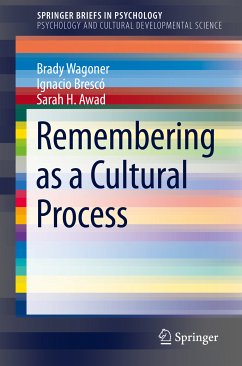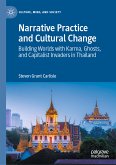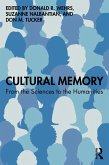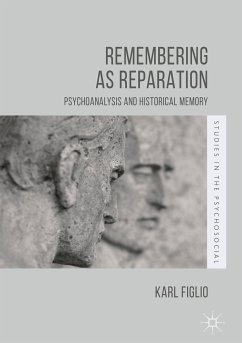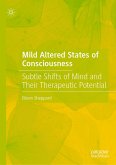This brief charts out principles for a cultural psychology of remembering. The idea at its core is a conceptualization of remembering as a constructive process--something that occurs at the intersection of a person and their social-cultural world. To do this, it moves away from the traditional metaphor of memory as storage and develops the alternative metaphor of construction as part of wider social and cultural developments in society. This new approach is developed from key ideas of Lev Vygotsky and Frederic Bartlett, in particular their concepts of mediation and reconstructive remembering. From this foundation, the authors demonstrate how remembering is conflictual, evolving, and transformative at both the individual and collective level. This approach is illustrated with concrete case studies, which highlight key theoretical concepts moving from micro-level processes to macro-level social phenomena.
Among the topics covered are:
- The microgenesisof memories in conversation
- The role of narrative mediation in the recall of history
- Remembering through social positions in conflicts
- Urban memory during revolutions
- How memorials are used to channel grief and collective memory
Remembering as a Cultural Process traces our ongoing journey to answer the question of the different ways in which culture participates in and is constitutive of what it means for humans to remember. It will be of interest to undergraduate and graduate students as well as researchers in the fields of memory studies or cultural psychology.
Dieser Download kann aus rechtlichen Gründen nur mit Rechnungsadresse in A, B, BG, CY, CZ, D, DK, EW, E, FIN, F, GR, HR, H, IRL, I, LT, L, LR, M, NL, PL, P, R, S, SLO, SK ausgeliefert werden.

